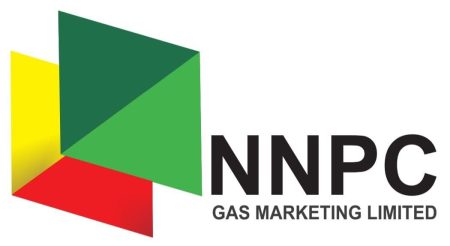
London — Oil prices resume gains after two days of violent volatility, with Brent and WTI crude rising 0.65% and 0.18%, respectively, today.
Better-than-expected data from the Chinese economy helped drive early gains as it fueled optimism that the world’s largest crude importer will continue its recovery.
According to official data from the National Bureau of Statistics, China’s gross domestic product (GDP) managed to grow at the official target of 5% in 2024. In addition, the economy grew by 5.4% in the fourth quarter compared to the same period in the previous year and by 1.6% compared to the third quarter, both readings were better than expected.
Industrial production growth also accelerated to 6.2% year-on-year in December, beating expectations, driven by improvements in the industrial infrastructure, the official report said. Retail sales growth also accelerated more than expected to 3.7% year-on-year in December. This was amid government support measures for consumer spending, as stated in the report, which spoke through its chairman’s pen about a set of factors that would support consumption in a sustainable manner, namely favorable policies, stable employment, and expanding consumption scenarios.
These figures alone may be a major part of what the oil market is looking for to support the completion of the price recovery, but they have been met with skepticism from experts, as reported by Reuters and The Wall Street Journal, regarding the possibility of the economic recovery being sustainable.
These doubts come amid anticipation of the trade war that may ignite with the assumption of Donald Trump’s presidency of the White House next week, with his threat to impose 60% customs duties on Chinese imports and huge ones as well on his trade allies.
This is because China has become mainly dependent on exports to support economic growth and achieve the official target, amid a weak domestic consumption environment, and the damage that the economy may suffer because of the trade escalation will eventually reach the oil market through reduced demand and lower prices.
We do not know for sure the details of trade policy towards China in the next Republican term, but Trump’s threats and the possible names in his administration do not suggest any relaxation towards China.
Another form of skepticism is about the credibility of these data, which experts see as inconsistent with data in the economic sectors and companies’ performance.
As for the geopolitical aspect in the Middle East, after the temporary respite that was broadcast with the announcement of reaching a ceasefire in Gaza, we are beginning to see more signs of the fragility of this calm that we have not seen until now.
Yesterday, we witnessed mutual accusations between Hamas and Israel regarding breaking the agreement, and the most extreme right-wing minister, Itamar Ben-Gvir, threatened to withdraw from the government if it is signed. The demands of the extreme right are to prevent a cessation of war and prevent withdrawal from Gaza and its border corridors – at least.
Even if the agreement is ratified by the Israeli government, which was signed in Doha according to Axios, it will be subject to collapse in the second stage after the handover of the Israeli civilian hostages.
Although the conflict in Gaza is geographically limited, its temporal extension threatens to keep tensions high across the Middle East. It has brought Israel into direct conflict with the Houthis in Yemen, Hezbollah in Lebanon and Iran, raising concerns about the potential targeting of crude supply chains. These concerns are no longer a concern for the broader markets, especially with Iran’s weakness, but the expansion of US sanctions on Iranian oil exports and the possibility of Israel targeting facilities could temporarily feed these factors.
*Samer Hasn, Senior Market Analyst at XS.com



